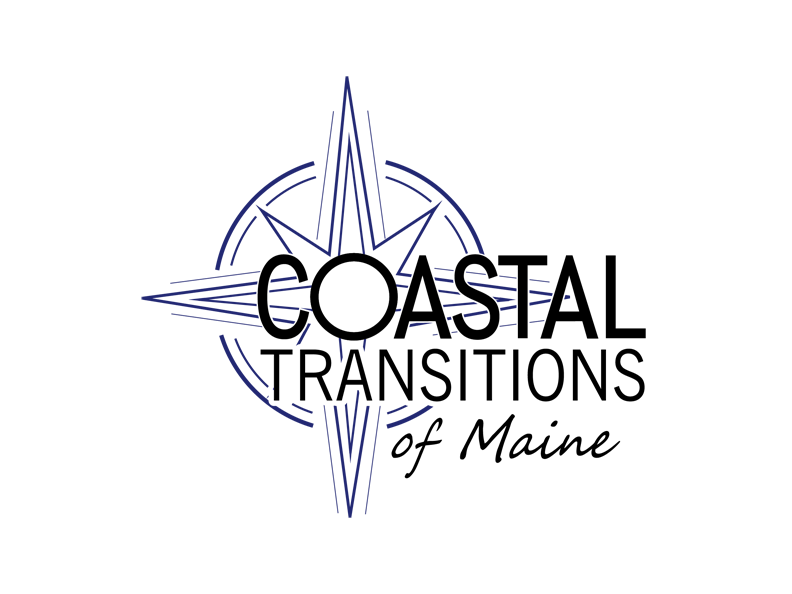Here at Coastal Transitions, an important part of our initial conversation with our clients is assessing ADLs - Activities of Daily Living.
There are six major ADLs. When discussing these with our clients, we discuss each in detail to best get a sense of what the elderly person can perform independently and what they need assistance with.
This is also a helpful first step in preparing for the actual facility’s intake criteria - we work with you to iron out a clear idea of what you or your parents are capable of doing so that the process of registering at a facility goes as smoothly as possible.
The six main activities of daily living are:
Grooming. The ability to bathe, shave, brush one’s teeth, and brush one’s hair, as well as keep oneself clean throughout the day.
Dressing. The ability to get dressed with no issues, such as difficulty using zippers, clasps, buttons, and shoelaces.
Eating. The ability to feed oneself, as well as cook for oneself.
Transferring. The ability to move oneself from place to place, such as the bed to a chair or a wheelchair to the toilet. We also ask about walking and general mobility.
Toileting. The ability to get on and off the toilet and wipe.
Continence. The ability to control one’s bladder and bowels when not on the toilet.
Other activities we generally cover include using the telephone, managing medications, cleaning and keeping living areas tidy, managing personal finances, shopping for essentials, driving and accessing transportation, and caring for pets.
You or your elderly loved one generally need 2 or 3 of the six main ADLs in order to be accepted into an assisted living facility. If you or your parent possesses all of these activities of daily living, we will work with you to find the best option possible.
Do you have questions about ADLs? We love to help families navigate through the process of securing a caring place for themselves and their parents to transition.
Contact us today at 207-569-3283 or email us at info@coastaltransitionsofmaine.com.

